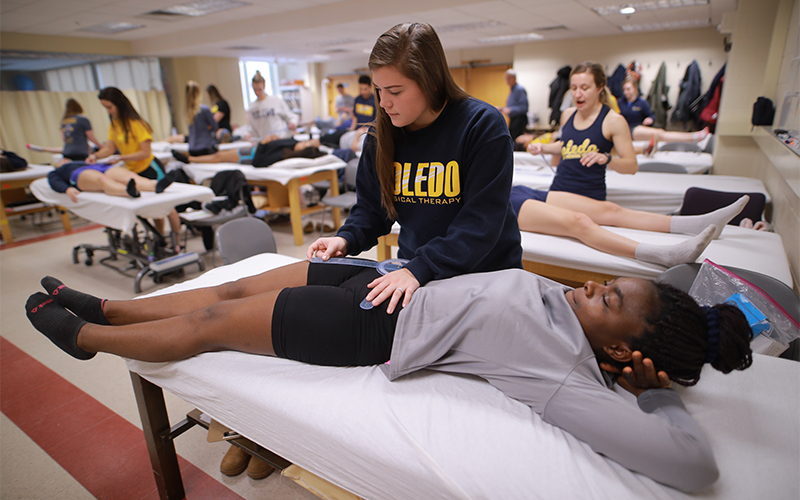Improving Rehab Results Through Efficient Functional Movement Assessment Protocols
Improving Rehab Results Through Efficient Functional Movement Assessment Protocols
Blog Article
Functional Movement Screening (FMS) is a valuable instrument used to assess an individual's mobility patterns. This assessment aids identify any deficiencies or imbalances in the body, which can result to injuries if not addressed. In recovery settings, FMS can serve a critical role in enhancing rehabilitation outcomes. By understanding how each individual navigates, healthcare providers can design focused rehabilitation programs that focus on enhancing strength, mobility, and overall performance.
One of the main benefits of using FMS in recovery is its ability to identify specific aspects that need improvement. For instance, if a client struggles with squat movements or lunging, it may suggest a lack of flexibility in their hips or ankle joints. This data allows therapists to formulate customized exercise programs that emphasize addressing these deficits. As a consequence, patients are more likely to regain their power and functionality, which is crucial for returning to daily tasks or sports.
Implementing effective FMS protocols can also help avoid future harm. Many injuries happen due to inefficient movement patterns or excessive use of certain muscle clusters. By screening individuals before they begin a recovery program, clinicians can detect hazards and establish strategies to reduce them. Informing patients about proper movement mechanics and view enhancing weak areas can lead to sustained benefits, ensuring that they stay engaged and healthy.
Moreover, the use of FMS can enhance dialogue between healthcare providers and patients. When clients see their mobility mechanics assessed and explained, they gain a better comprehension of their rehabilitation journey. This clarity check over here builds trust and encourages patients to take an engaged part in their recovery. By involving patients in their rehabilitation journey, they are more likely to follow to prescribed exercises and behavioral adjustments that promote better outcomes.
In conclusion, improving rehabilitation results through effective functional mobility screening protocols is crucial for both patients and healthcare providers. By precisely evaluating movement mechanics, clinicians can develop customized recovery programs that meet specific needs. This not only aids in recovery but also assists prevent future injuries. As patients become more involved in their recovery process, they are likely to achieve their objectives and maintain a healthy, engaged way of living.